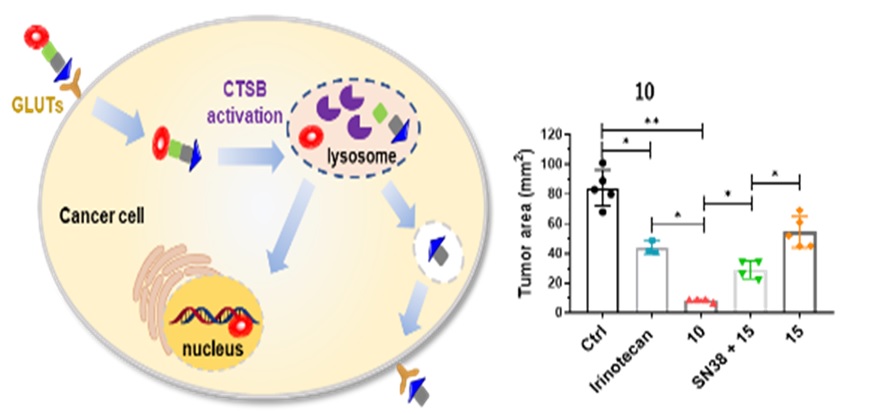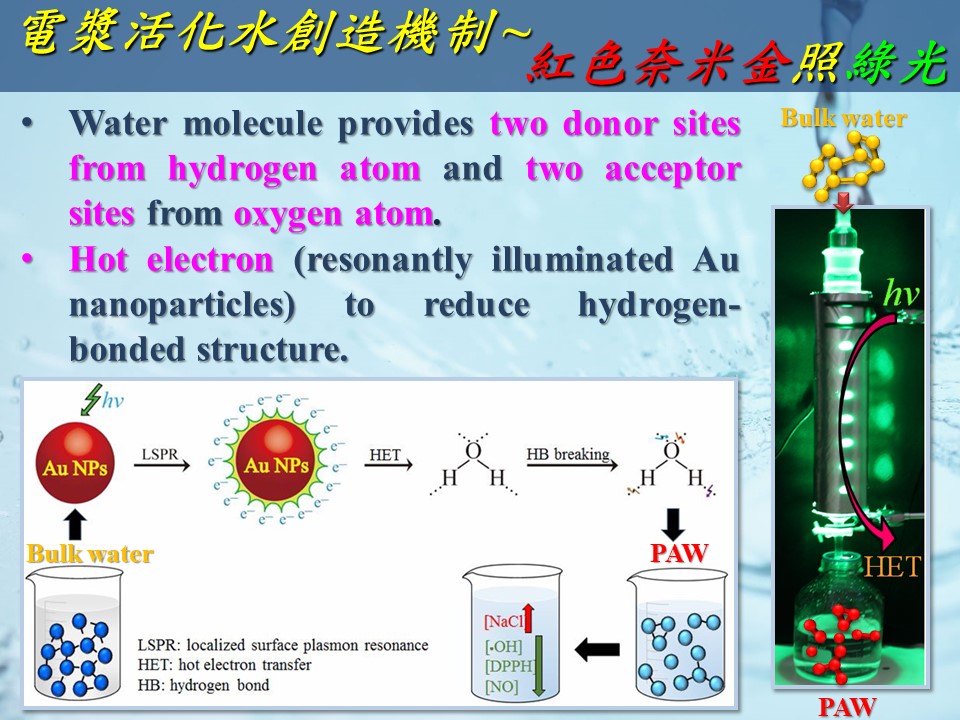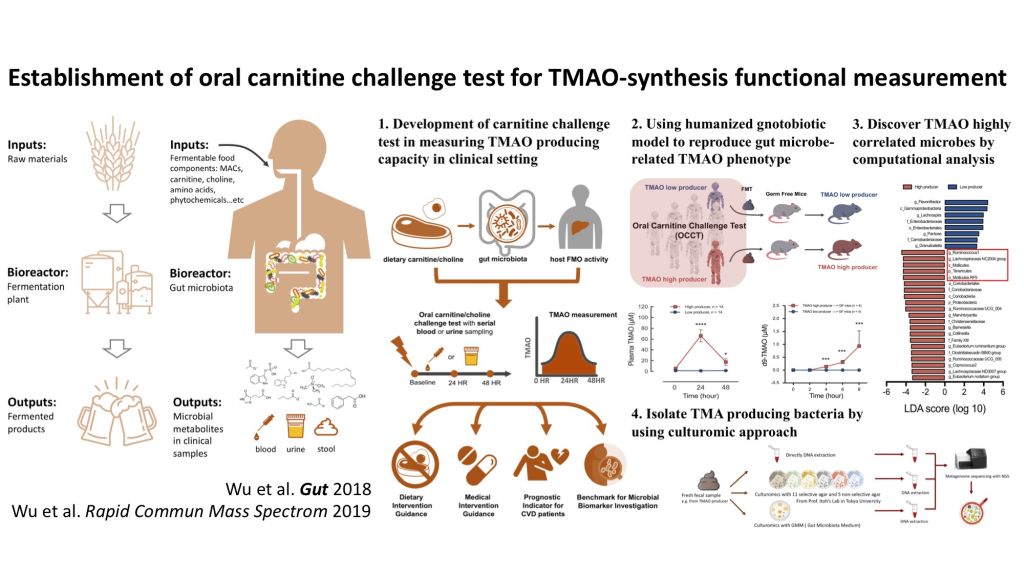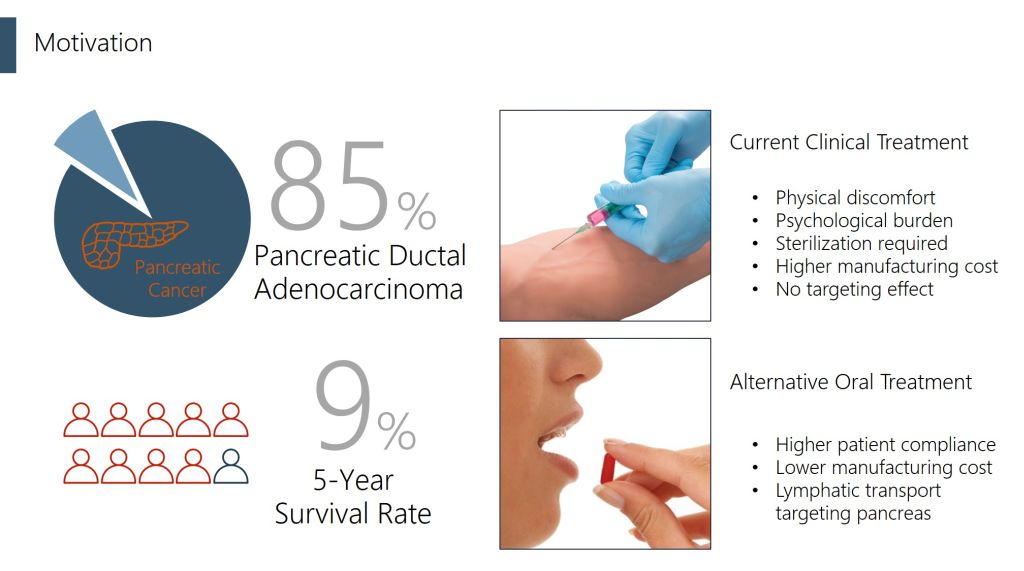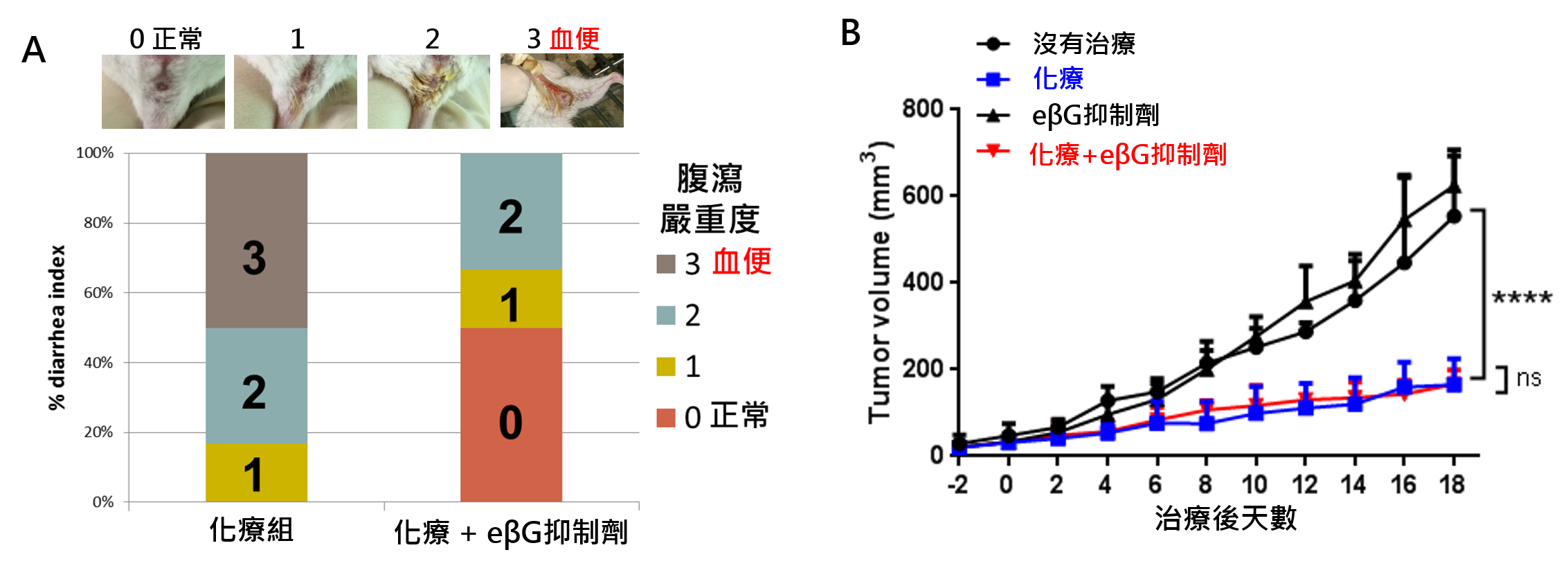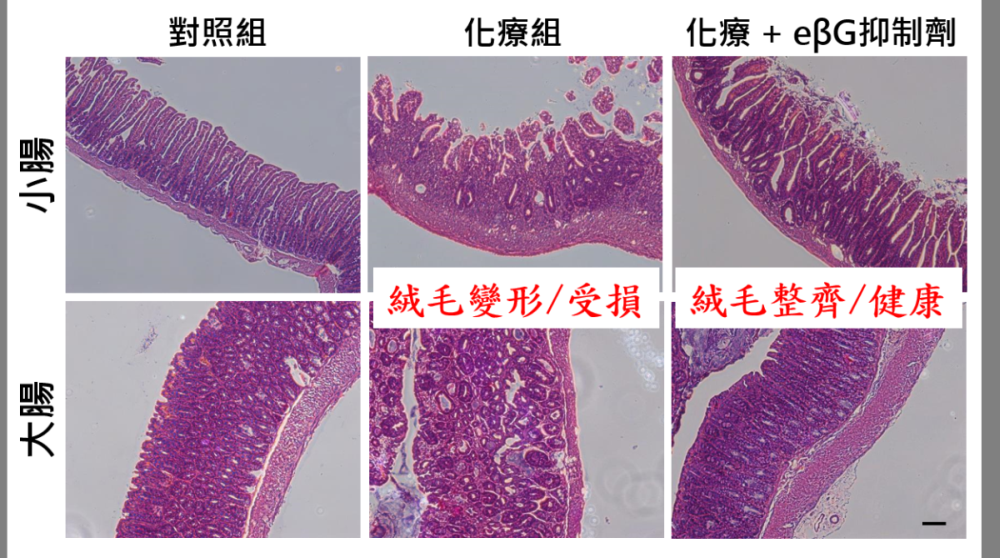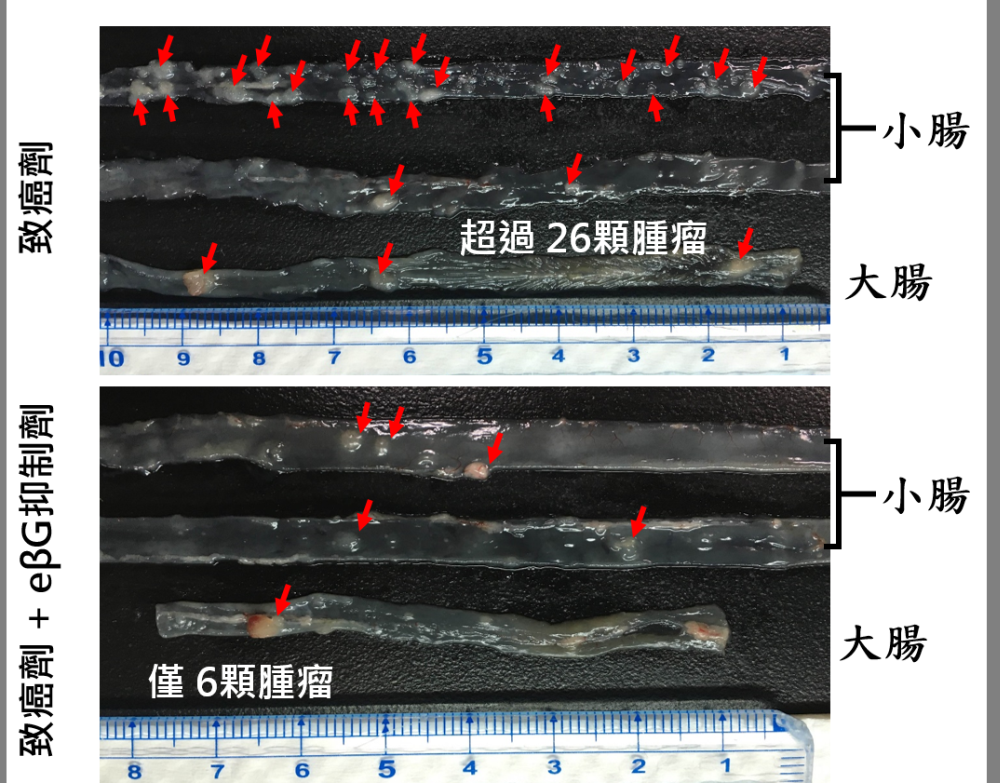| Technical Name | An novel drug for preventing chemical-induced intestinal damage and colorectal cancer | ||
|---|---|---|---|
| Project Operator | Kaohsiung medical university | ||
| Summary | Glucuronidation is a major pathway for detoxification in the liver. Drugs and toxic chemicals are conjugated with glucuronide acid to be inactive form through this pathway. However, when glucuronide conjugates enter the intestine, they are reactivated by E. coli expressing G (eG) back to toxic form, thus damaging the intestine and inducing diarrhea, which is likely to cause carcinogenesis and colorectal cancer. The current treatment is using antidiarrheal agent to release the diarrhea symptom but the damage still persist. In addition, there are no clinical drug been developed to prevent colon cancer. In order to meet the unmet clinical need, we have successfully developed eβG specific inhibitor as a novel drug for preventing chemical-induced damage and colon cancer. The inhibitor can be developed as: |
||
| Scientific Breakthrough | 此腸道菌eβG專一性抑制劑是一個標靶預防藥物,其可專一性抑制腸道菌eβG活性,降低葡萄醣醛酸化的代謝物在腸道內的再度回復毒性,達到保護腸道,預防腸道損傷與大腸癌。此腸道菌eβG專一性抑制劑,具備下列六大特點:(1)專一性抑制腸道菌eβG,(2)不影響益生菌生長,(3)僅作用在腸道,(4)廣泛應用於避免藥物對腸道破壞及腹瀉,(5)不影響藥物治療療效,(6)可預防大腸癌。 |
||
| Industrial Applicability | 本腸道菌eβG專一性抑制劑可阻止肝解毒之藥物或致癌劑於腸道再度活化,造成腸道刺激、損傷最後形成大腸癌。並可應用於: |
||
other people also saw

